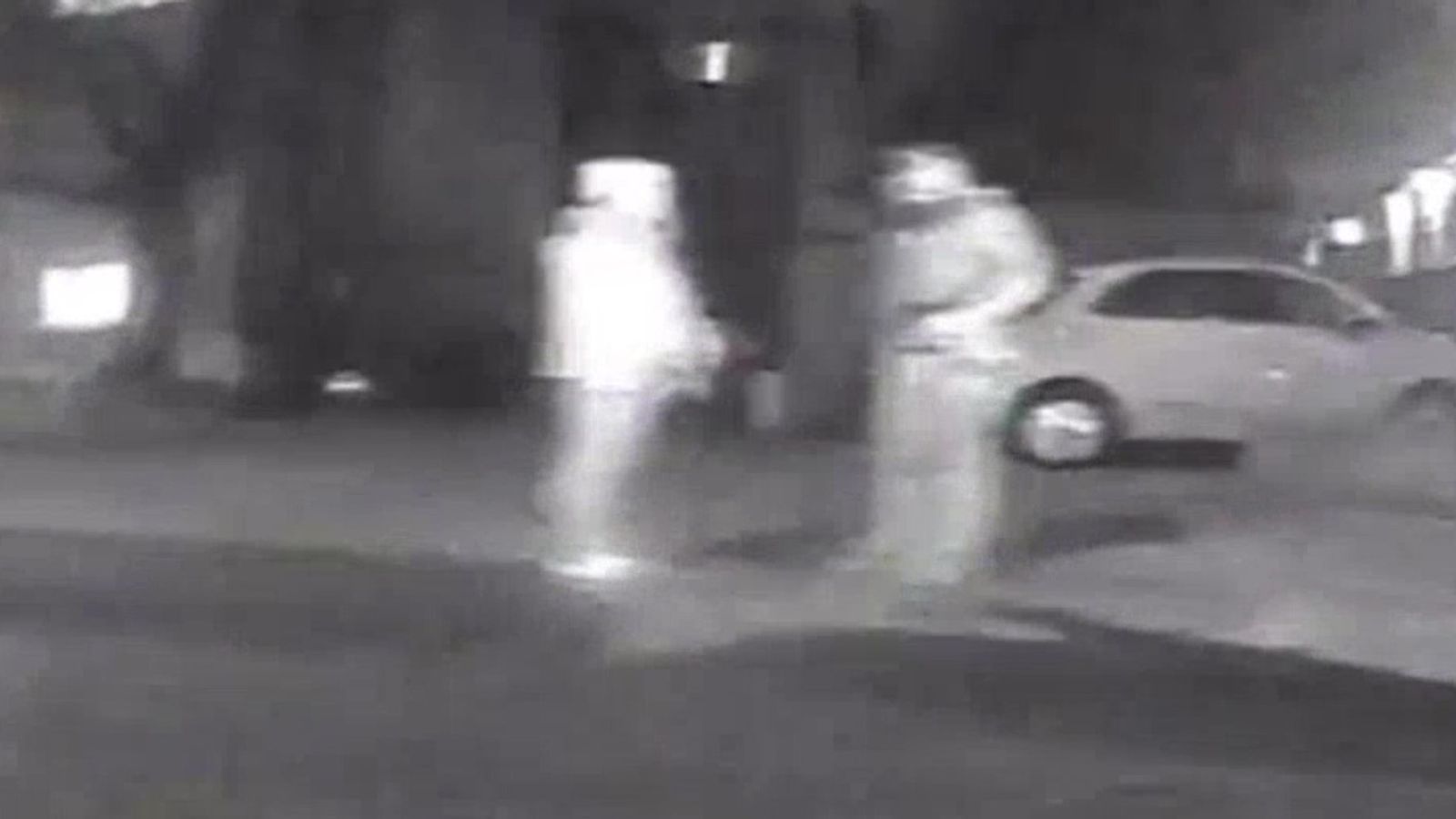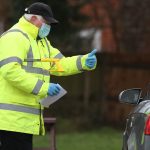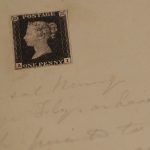Members of the public should seek “independent verification” if they are approached by a plain-clothes officer operating alone, a senior Metropolitan Police chief has said in the wake of Wayne Couzens’s sentencing for Sarah Everard’s rape and murder.
Couzens used his Metropolitan-Police issue warrant card and handcuffs to kidnap the 33-year-old marketing executive as she walked home from a friend’s house in Clapham, south London, on the evening of 3 March.
Assistant Commissioner Nick Ephgrave said it is “very unusual” for an officer not in uniform to be deployed on their own.
He told a briefing of journalists it was “even more unusual” for them to engage with members of the public in that situation.
Mr Ephgrave urged people to ask questions if they are approached, including: “Where are your colleagues?”, “why are you alone?” and “who knows that you are here?”
“These are legitimate questions to ask,” he said.
“Perhaps seek some independent verification of who they are and what they’re doing.”
Activist deceived into relationship with undercover officer wins tribunal case against Metropolitan Police
Sarah Everard murder: The four questions the police still need to answer about Wayne Couzens
‘We will not give up on him’ – Police appeal over ‘cold’ case of unidentified boy whose torso was found in River Thames 20 years ago
His words were echoed by Deputy Commissioner Sir Stephen House, who acknowledged a warrant card may not be enough to convince members of the public the holder is a legitimate police officer.
He said members of the public would be able to phone the police control room to check the warrant number and confirm the officer is legitimate.
He continued: “Producing a warrant card and saying ‘I’m a Metropolitan Police officer’ may not be enough in certain circumstances.
“We are instructing our officers, the policy going forward will be that they must facilitate a greater trust.
“If that is, if necessary, by allowing phone calls to be made to our control room, so that the officer can show the warrant card and the person in the control room can say ‘yes, Steve House is a police officer and his warrant number – which will be on the warrant card – is as follows’.
“That should be enough to confirm identity, we believe. We know we have to go further to achieve trust and to prove identity of plain-clothes officers.
“And we are prepared and keen to do that.”
The deputy commissioner also said the Met Police will not deploy plain-clothes officers on their own.
Sir Stephen said: “We will not operate plain-clothes officers on their own. If we do use them, they will be in pairs.”
He said there will be “occasions” where that is not possible – such as when a pair of officers are split up – and noted off-duty officers not in uniform “put themselves on duty” when they come across an incident.
Please use Chrome browser for a more accessible video player
Speaking outside the court where Couzens was handed a whole life sentence, Met Police Commissioner Dame Cressida Dick said the killer’s actions were a “gross betrayal of everything policing stands for”.
She said she was aware a “precious bond of trust has been damaged” for some people and said Couzens had “brought shame on the Met”.
“I am so sorry,” she added.






















